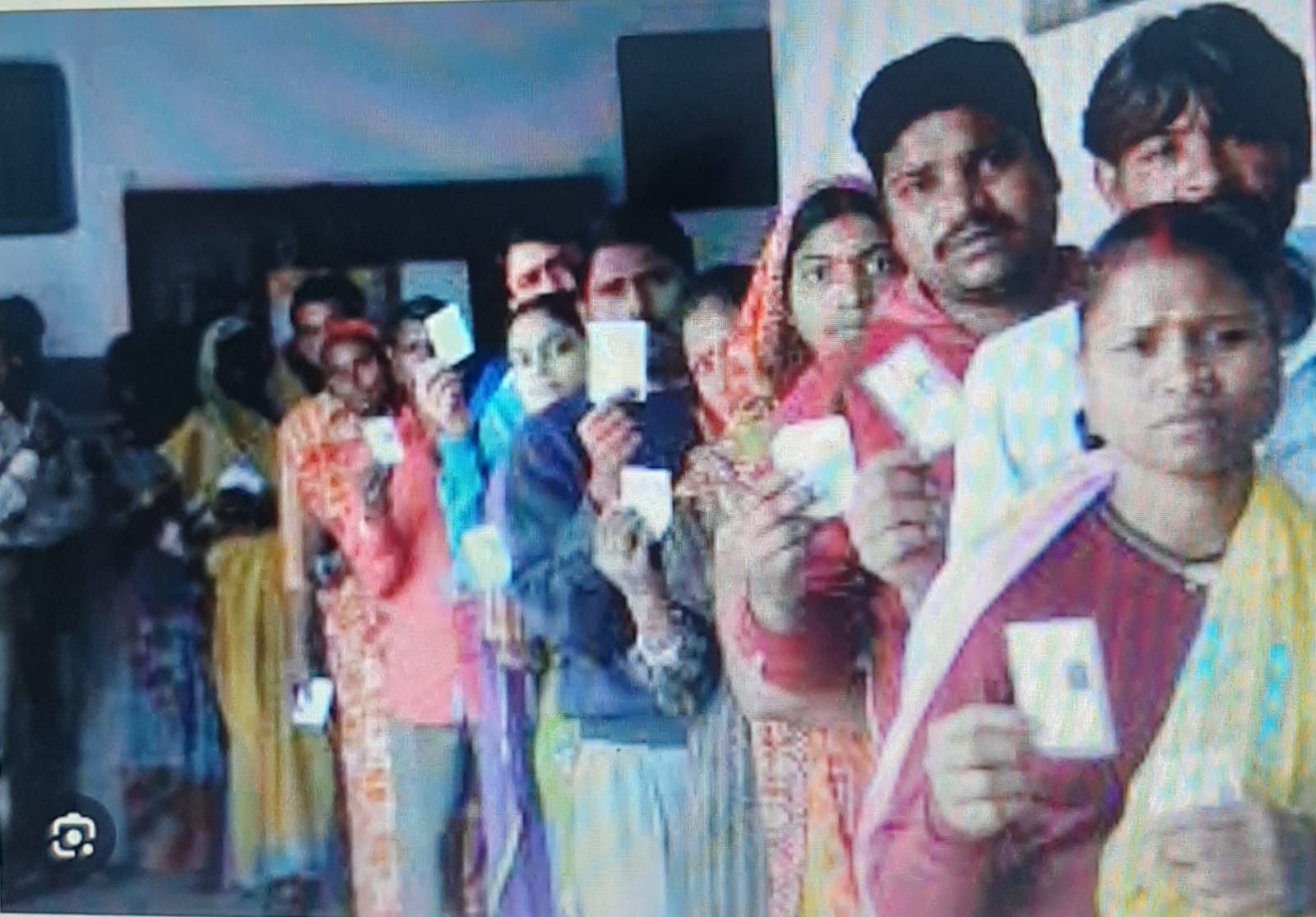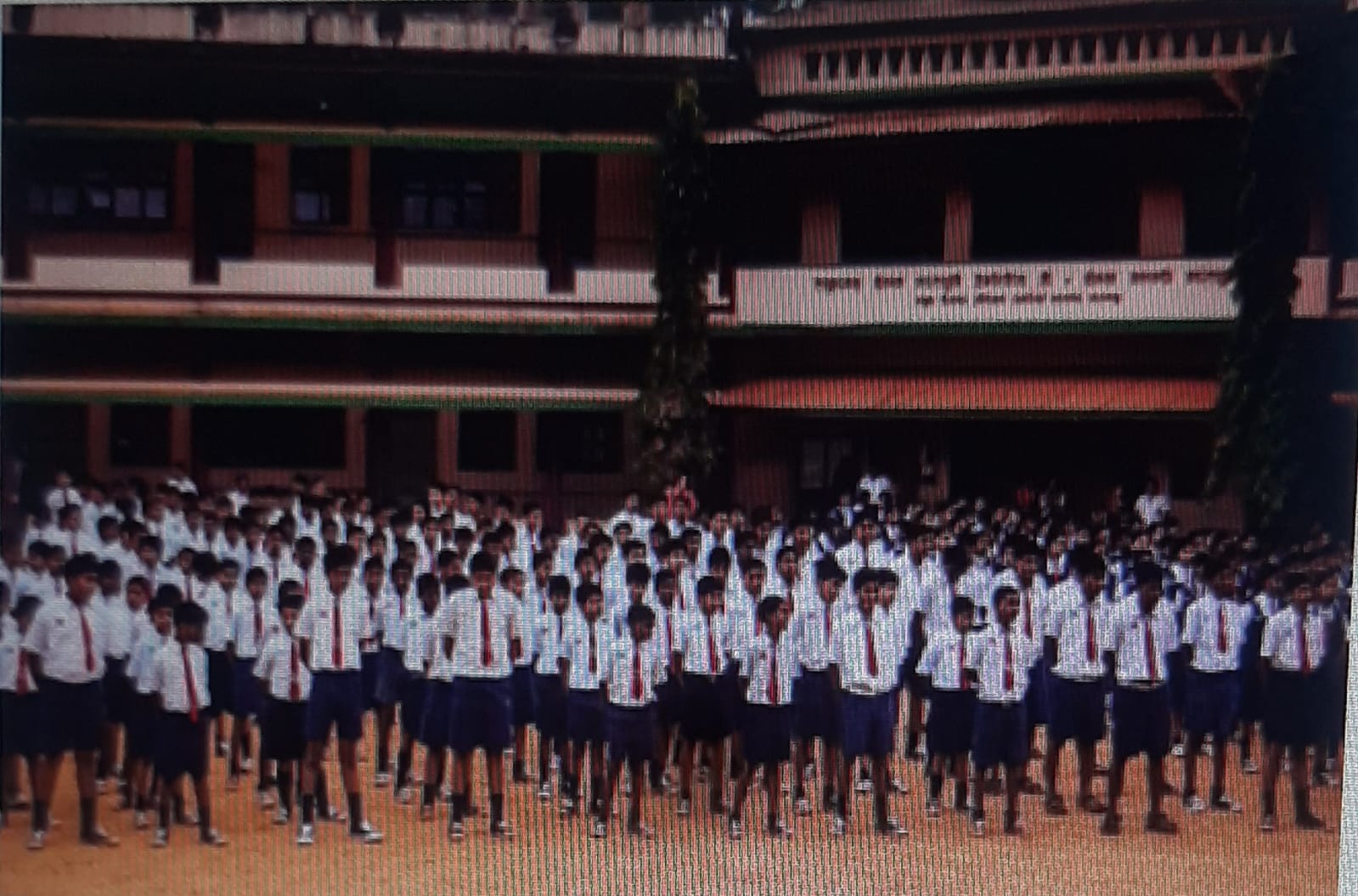
The central and state Governments, in the light of the observations of Parliamentary standing committee, should immediately take corrective steps to bring the pattern of all the competitive exams in tune with our education system and our own board examination system. These two cannot remain divorced from each other any longer now. Enough damage has been done in the past, it needs to be corrected urgently, says former IAS officer V.S.Pandey
The Civil services are the backbone of our parliamentary democracy and their competence, efficiency, integrity and their public orientation approach are the critical key to good governance. Looking at these broader parameters, our forefathers provided a detailed mechanism for recruitment to our civil services -at every level.
The creation of the Union Public Services Commission (UPSC) at the center and the state Public Services Commissions and various other recruitment organizations was also simultaneous to ensure free and fair selection, based on the merit of candidates for government jobs. The Constitution also made provisions for affirmative action in favor of the weaker sections of our society to give them access to government jobs. These institutions were tasked to conduct selection processes looking at the changing demands of the governance system from to time. Consequently several committees and commissions were set up periodically to suggest changes in the system of recruitment and process of conducting exams to superior services.
Recently, the Department-related Parliamentary Standing Committee on Personnel, Public Grievances, Law and Justice pointed out that as per the data provided by the UPSC, the average time taken for civil services examination from the date of issue of notification to the date of declaration of the final result is nearly 15 months. The Committee in its report opined that the duration of any recruitment examination should not ordinarily exceed six months as long and protracted recruitment cycles waste the prime years of a candidates’ life -besides taking a heavy toll on their physical and mental health. The Committee, accordingly, recommended that UPSC should take steps to reduce the duration of the recruitment cycle significantly without compromising the quality.
The panel has also recommended forming an expert committee to assess if the present scheme of recruitment through civil services examination provides an equal opportunity to both English-medium-educated urban candidates and non-English medium-educated rural candidates.
While UPSC has changed the pattern of civil services examination from time to time on the basis of recommendations made by various expert committees, no study has been commissioned to assess how such changes impacted the aspirants, nature of recruitment and administration at large. The panel said an expert group or committee should be appointed to assess the impact of changes made in the scheme, pattern and syllabus of civil services examination in the last ten years on the quality of recruitment and administration at large.
The expert group so constituted may assess if the present scheme of recruitment provides an equal opportunity to both English-medium educated urban candidates and non-English medium educated rural candidates,” said the report tabled in Parliament recently. This group may also assess whether the existing pattern of preliminary and mains examination provides a level playing field for all candidates irrespective of their academic background, it said.
The Committee expressed its opinion that the Department of Personnel and Training (DoPT) and UPSC should consider making further changes in the scheme and syllabus of civil services examination in the light of the findings of the impact assessment study.
The parliamentary committee is spot on when it recommended a relook at the current process of conducting competitive exams for selecting candidates for higher levels in government jobs. Not long ago, before the advent of the Kothari commission report which introduced the preliminary exam system, the CSE exam system then was in tune with the university examination systems prevalent across the country. Afterwards, the objective type tests introduced in preliminary examination system was totally alien to students enrolled in bachelor degree courses. This change was the beginning of the chasm between the University education system and the conduct of competitive examinations. This preliminary examination system was later on borrowed by the IIT’s and introduced in Joint Entrance Examination system leading to the complete erosion of our secondary education system, pan India . The “tail wagging the body” syndrome became visible in our system instantly. Subsequently the UPSC conducted CSE exams got totally divorced from the university examination pattern. These changes are one of the main reasons for the deterioration of our education system.
Unfortunately nobody in the system seems to have heeded these distortions creeping up at an alarming speed in our education system and causing further deterioration over a period of time.
The Governments, in the light of the standing committee observations, and without wasting any more time, need to wake up and take corrective steps to bring the pattern of all the competitive exams in tune with our education system and our own board examination system. These two cannot remain divorced from each other any longer now. Enough damage has been done in the past, it needs to be corrected urgently.
Another worrying factor is the very low representation of women in government jobs. According to available data female participation in various Central government jobs is as low as 10.93 per cent out of a total of 30.87 lakh employees. Looking at minimal representation of women in central government jobs, it is imperative on the part of the people at the helm of affairs to take required steps to bridge this gap in coming years.
One of the steps which the government of India should consider urgently is increasing the upper limit age for women candidates in all competitive exams like civil services exams etc. This step will give a very positive message to women that the government wants their increased participation in higher echelons of the system. This empowering step must be taken expeditiously.
(Vijay Shankar Pandey is former Secretary Government of India)









